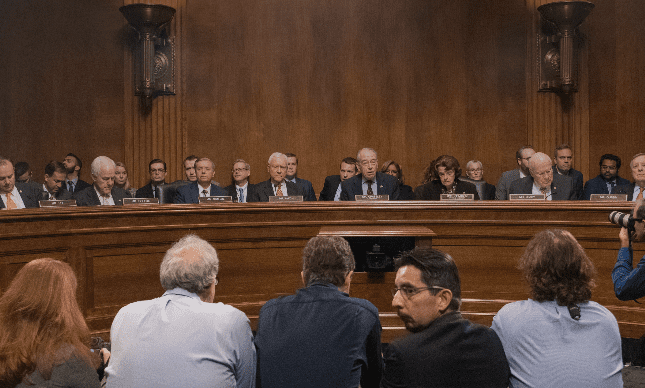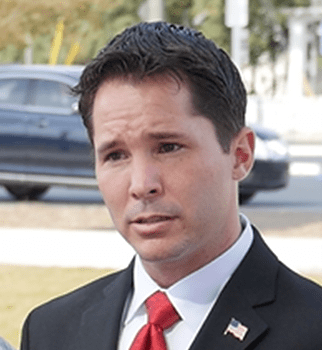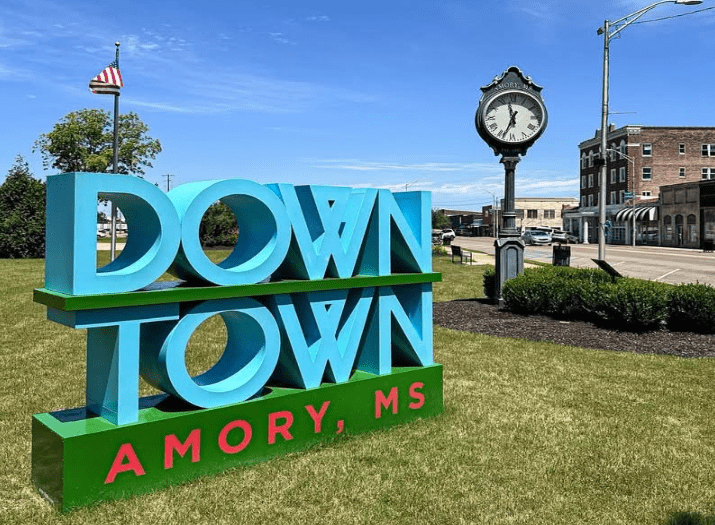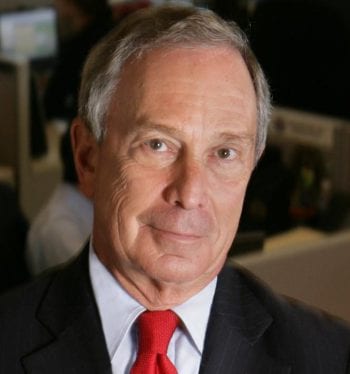
A steady stream of comments made by Democrat presidential candidate Mike Bloomberg about targeted policing in minority communities, redlining impacts on the financial crisis and the behavior of black males in particular are creating waves in the race for the Presidency.
In Mississippi, as in just about every other state, Bloomberg has unleashed a torrent of campaign money which is going to TV ads and buying up campaign operatives. A month away from the election, the question remains if Bloomberg’s comments in one of the most racially diverse states in the nation will overshadow the establishment Democrat support he’s soaking up.
With blacks making up a huge percentage of Democratic party primary voters in Mississippi, the comments from Bloomberg would seem to be an automatic disqualifier for black voters.
Policing in Minority Communities
Bloomberg stated that, “95 percent of your murders — murderers and murder victims fit one M.O. You can just take the description, Xerox it and pass it out to all the cops. They are male, minorities, 16 to 25 … The way you get the guns out of the kids’ hands is to throw them up against the walls and frisk them.”
So a big test for @bpolitics today. Will they write their boss is a complete racist. This video is horrible.
— Brad Parscale (@parscale) February 11, 2020
“I think we disproportionately stop whites too much and minorities too little,” Bloomberg said in the 2013 interview.
Mike Bloomberg defended stop and frisk: "I think we disproportionately stop whites too much and minorities too little. It’s exactly the reverse of what they’re saying. I don’t know where they went to school but they certainly didn’t take a math course or a logic course." pic.twitter.com/T1XpZrVrnw
— Trump War Room (@TrumpWarRoom) February 11, 2020
Bloomberg is clearly retreating from his comments on minorities in the recent past.
In an appearance at a “Mike for Black America” campaign event, Bloomberg said, “I can’t change history, but what I can do is learn from my mistakes and use those lessons to do right by black and brown communities.”
Mike Bloomberg apologizes for “abuse of…stop and frisk,” saying he “should’ve acted sooner and faster to stop it.”
“I can’t change history, but what I can do is learn from my mistakes and use those lessons to do right by black and brown communities.” https://t.co/EvaIV9sXEa pic.twitter.com/FujotJhSkq
— ABC News (@ABC) February 14, 2020
Y’all Politics asked the Bloomberg campaign for comment on how these comments related to black voters in Mississippi. No specific comment was provided, other than a reference back to the candidate’s statement following the video’s release, stating in part:
“I inherited the police practice of stop-and-frisk, and as part of our effort to stop gun violence it was overused. By the time I left office, I cut it back by 95%, but I should’ve done it faster and sooner. I regret that and I have apologized — and I have taken responsibility for taking too long to understand the impact it had on Black and Latino communities.
“But this issue and my comments about it do not reflect my commitment to criminal justice reform and racial equity. I believe we need to end mass incarceration and during my tenure we reduced incarceration by 40% and juvenile confinement by more than 60%. We created the Young Men’s Initiative to help young men of color stay on track for success, which President Obama built on to create My Brother’s Keeper. And we overhauled a school system that had been neglecting and underfunding schools in Black and Latino communities for too long.”
The campaign referred Y’all Politics to Bloomberg’s endorsements among black clergy, of which none were shown from Mississippi, and a listing of “efforts to help disadvantaged and minority communities.”
Redlining
Bloomberg also made comments regarding the practice of a discriminatory practice of “redlining”.
He argued that the end of demographically profiling borrowers by banks and hence making loans to more minority borrowers substantially led to the 2008 economic collapse.
Intelligence of Farmers
Another video was released on social media this weekend of Bloomberg seemingly questioning the intelligence of farmers, saying those working in technology versus farming, “have to have a lot more gray matter.”
Bloomberg wouldn’t last 3 seconds as a farmer… but like his comments on minorities, you can tell he really hates regular hardworking Americans.
He will never fight for them because he couldn’t care less about them. https://t.co/03CmskF5Vn
— Donald Trump Jr. (@DonaldJTrumpJr) February 17, 2020
Agriculture is Mississippi’s number one industry, employing approximately 29% of the state’s workforce either directly or indirectly, according to the Mississippi Department of Agriculture and Commerce. Agriculture here is a $7.72 billion industry impacting all 82 counties with approximately 34,700 farms in the state covering 10.4 million acres.

The USDA reported in 2014 that nationally black farmers were 1.4% of the country’s 3.2 million farmers in 2012, per the 2010 Census. Ninety percent of those black farmers lived in twelve southern states. of which Mississippi is one.
Y’all Politics sought comment from the campaign to reconcile the disparity between Bloomberg’s implications in his remarks and that of farmers in the Magnolia State, but nothing specific again was provided by the campaign.

“The Trump team cut off the first part of Mike’s sentence where he said ‘if you think about the agrarian society [that] lasted 3000 years, we could teach processes,” Stu Loeser, senior advisor and spokesman, told Y’all Politics in an emailed statement, also provided to other outlets nationally. “Mike wasn’t talking about today’s farmers at all, and Team Trump is deliberately misleading Americans because Donald Trump’s erratic policies have devastated American farms, including a 20% increase in US Farm bankruptcies last year. Donald Trump inherited his wealth yet bankrupted businesses in cities around the world. As President, he’s hurting American farms, and he knows that Mike Bloomberg has the skills to fix the problem.”
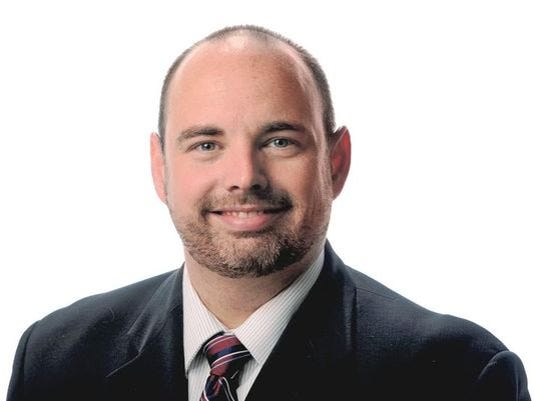
When asked again for comment specific to Mississippi, Sam Hall, the communication director for the Bloomberg campaign in the state told Y’all Politics, “I think it relates to all voters. The continued endorsements from last week and the ones we are rolling out this week continue to show his strong support among African American voters.”
Mississippi’s Impact on Election 2020
Mississippi voted over 58% for President Donald Trump in the 2016 election, and has since seen yet another red wave overtake its state government, with Republicans winning all eight statewide offices and majorities on both regional commissions in 2019 while maintaining their supermajorities in the Legislature.
Yet, Bernie Sanders, Mike Bloomberg, Joe Biden, Pete Buttigieg, Elizabeth Warren and Amy Klobuchar all want voters here to help them win the nomination to defeat Trump in the November election, securing the state’s 36 pledged delegates.
Or do they?
Mississippi has seen very little love from these campaigns as of late, with the lone exception being Bloomberg.
The billionaire former New York mayor has put together a recognizable state campaign staff headlined by Pam Shaw, Democrat strategist and pollster Brad Chism, and former Mississippi Democratic Party executive director and executive editor of the Clarion Ledger Sam Hall.

Last week, Columbia, South Carolina mayor Steve Benjamin, Bloomberg’s national campaign co-chair, spoke in Southaven on Tuesday and then on Thursday seven Mississippi House members in the Legislative Black Caucus endorsed the Presidential candidate. Benjamin and the seven legislators are black. In political terms, these were not without purpose; it was a direct push to drive the black vote towards Bloomberg in a state where nearly 40% of the population and the remaining majority of Democratic voters are black.
The comments that surfaced regarding race did so since the endorsements from Legislative Black Caucus member legislators.
According to Newsweek, Bloomberg has spent about $418 million on television ads, which is about $100 million more than all the other Democratic contenders combined. RealClearPolitics shows him running third in the current field.
While there is little to go on to predict where Democrats’ votes will land in the upcoming Mississippi primary, what is certain is that out of them all, Bloomberg is the only one making a well-resourced effort in Mississippi and it is directed largely towards black voters, even though they are reluctant to speak to black voters directly in terms of the candidate’s past comments that raise concerns among minorities.
Many argue that Democrats nationally are headed to a brokered convention, making Mississippi’s delegates more valuable than ever. As March 10th approaches, expect to see an unusual amount of last minute activity in Mississippi by candidates swinging through and stumping for votes.


